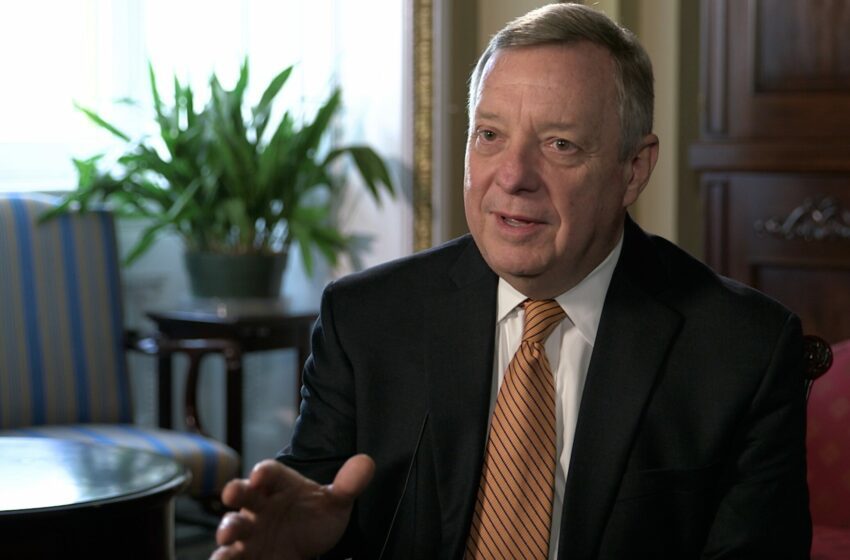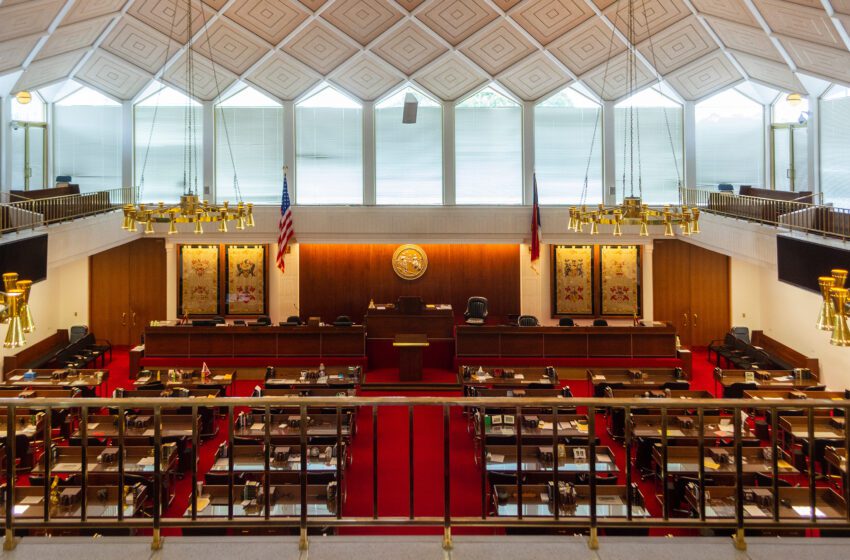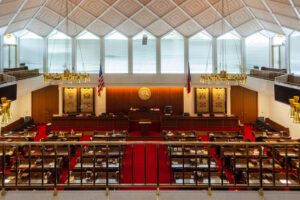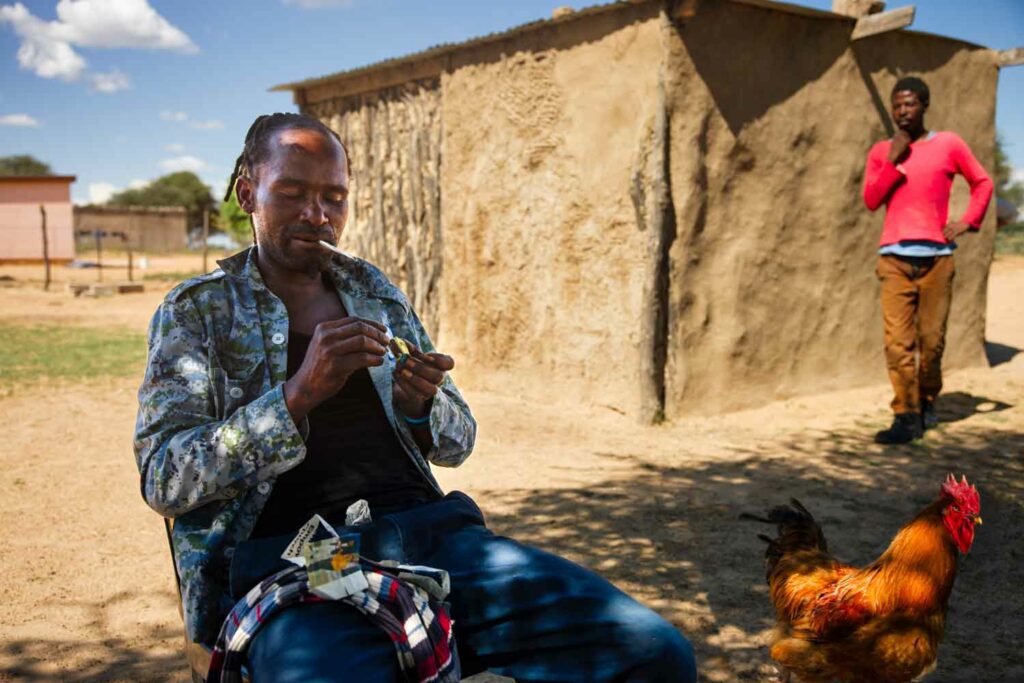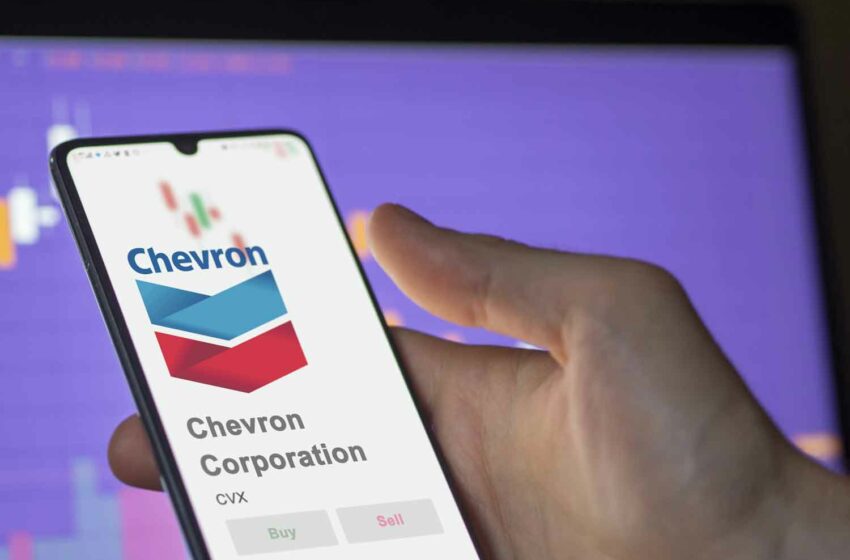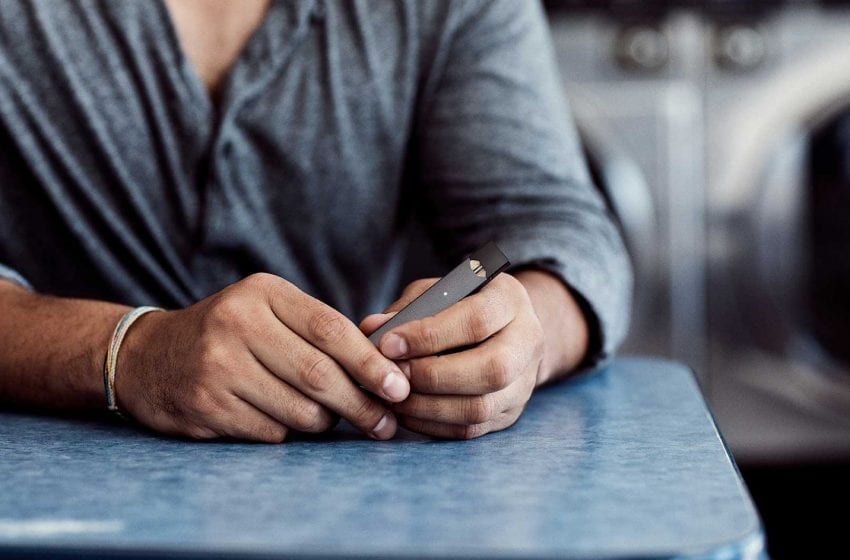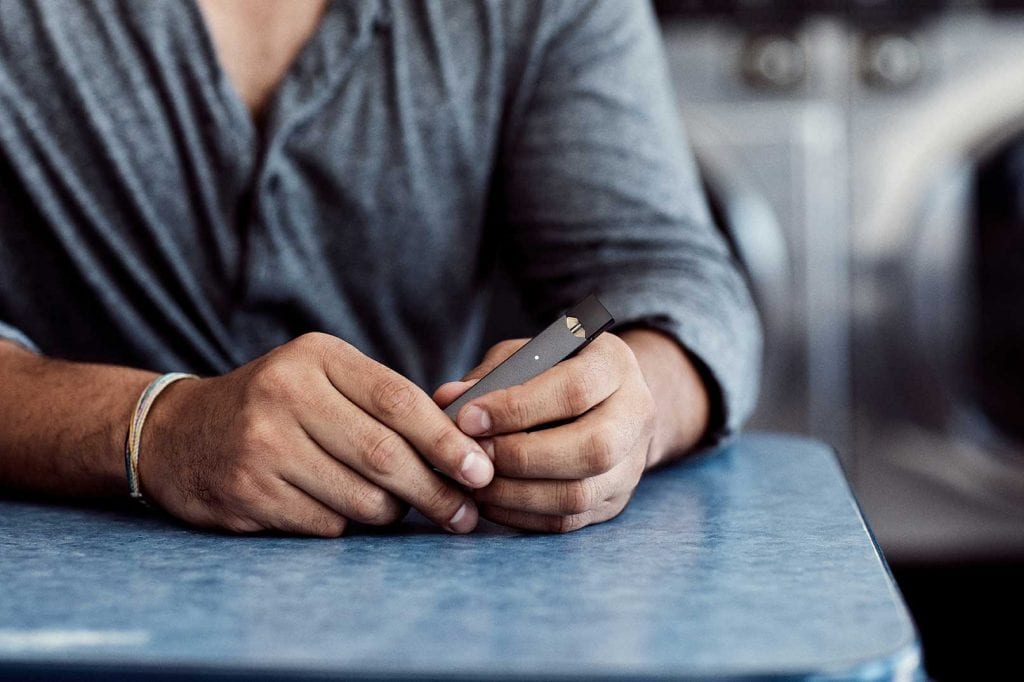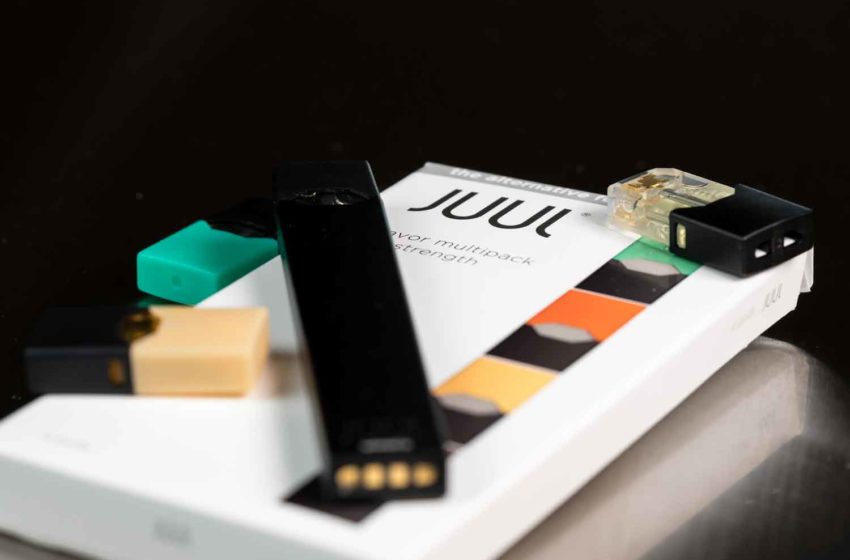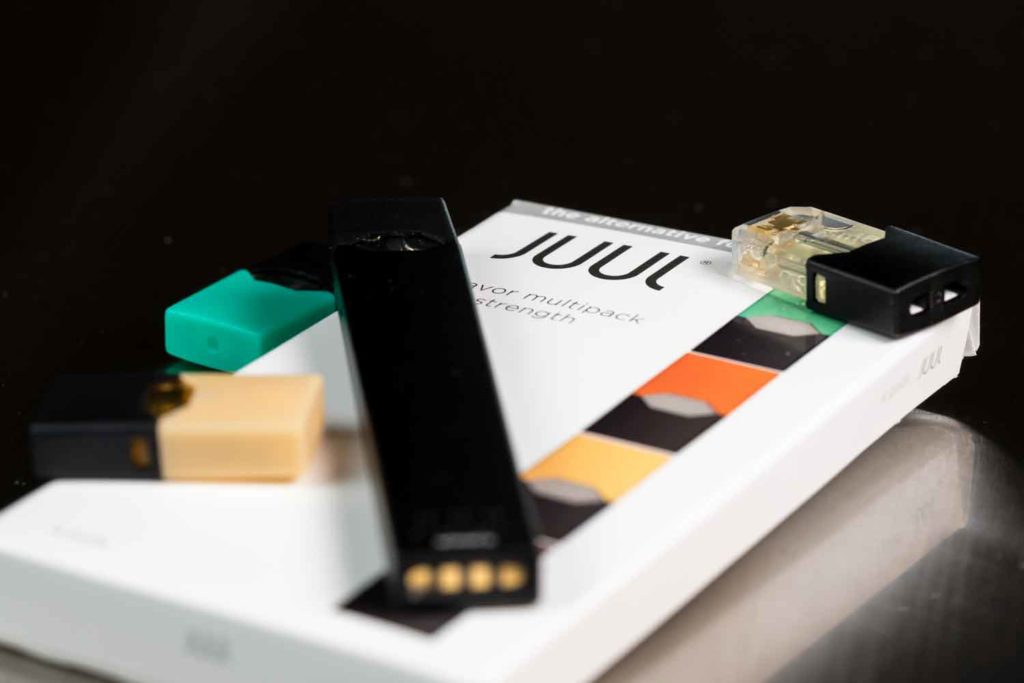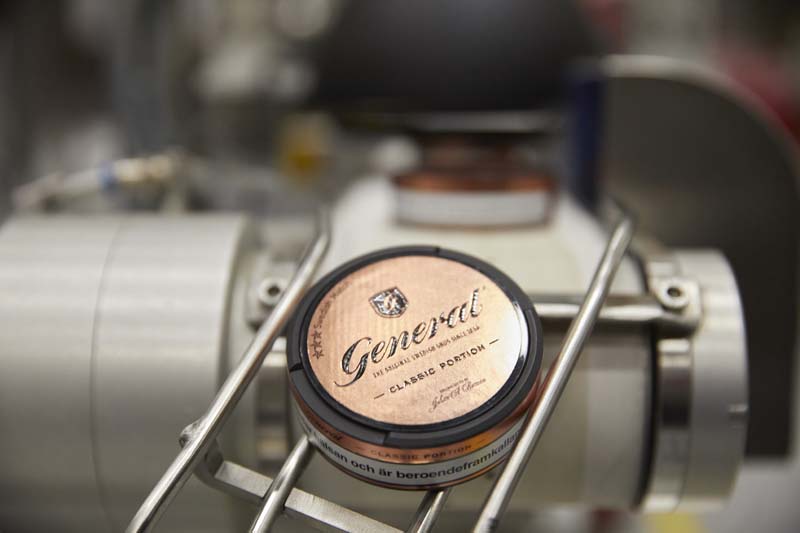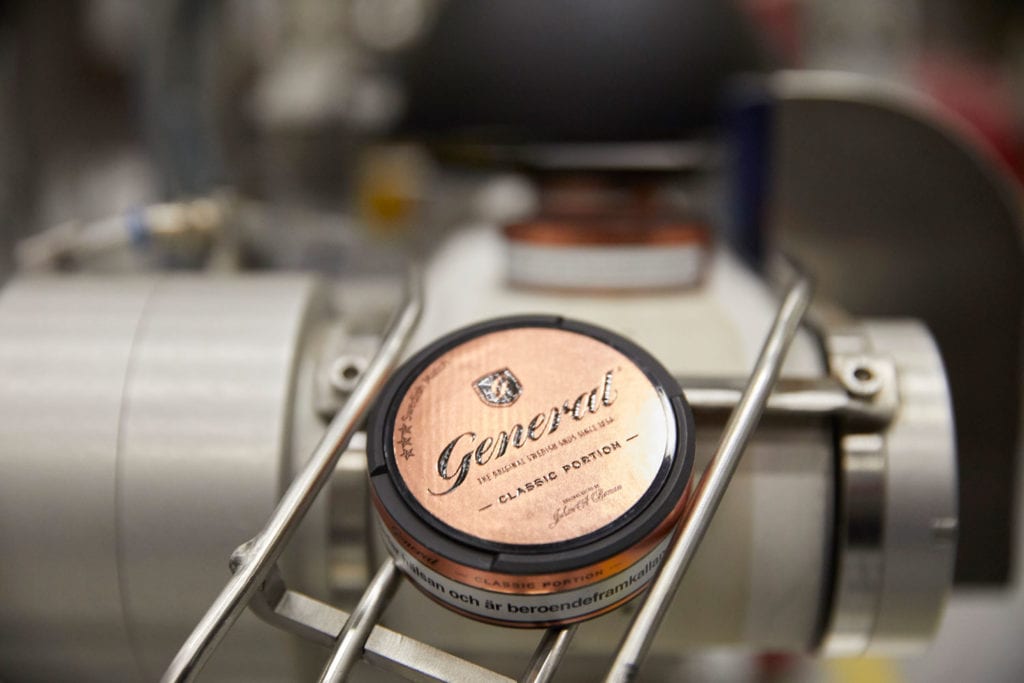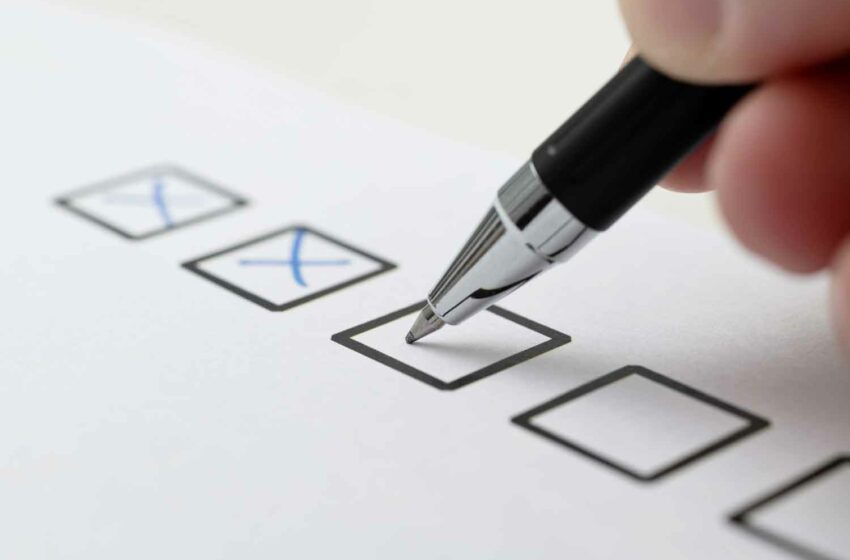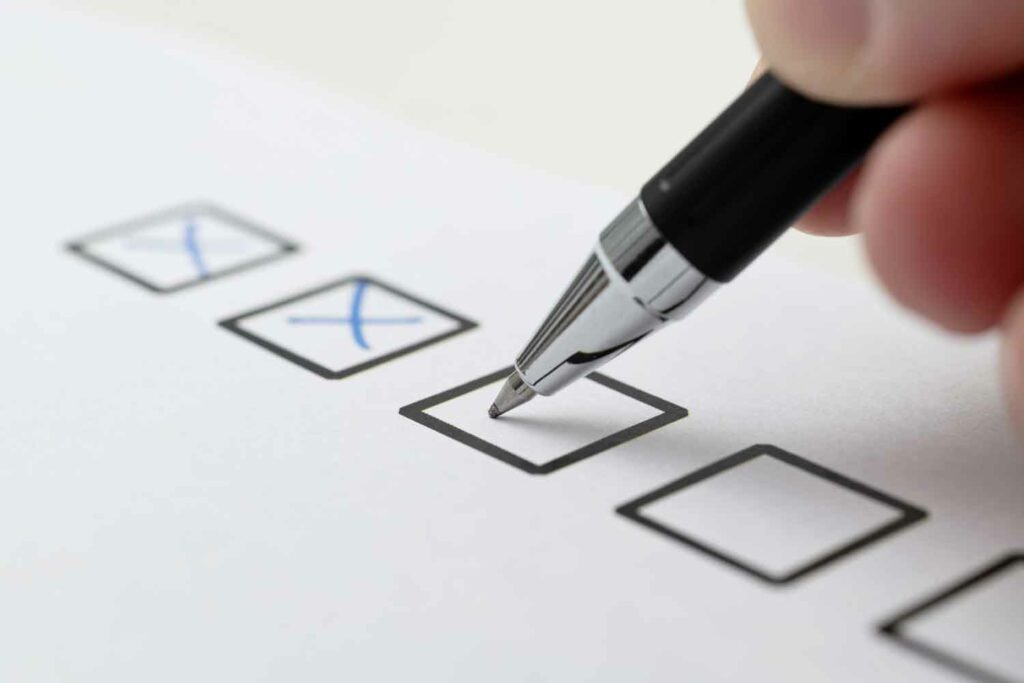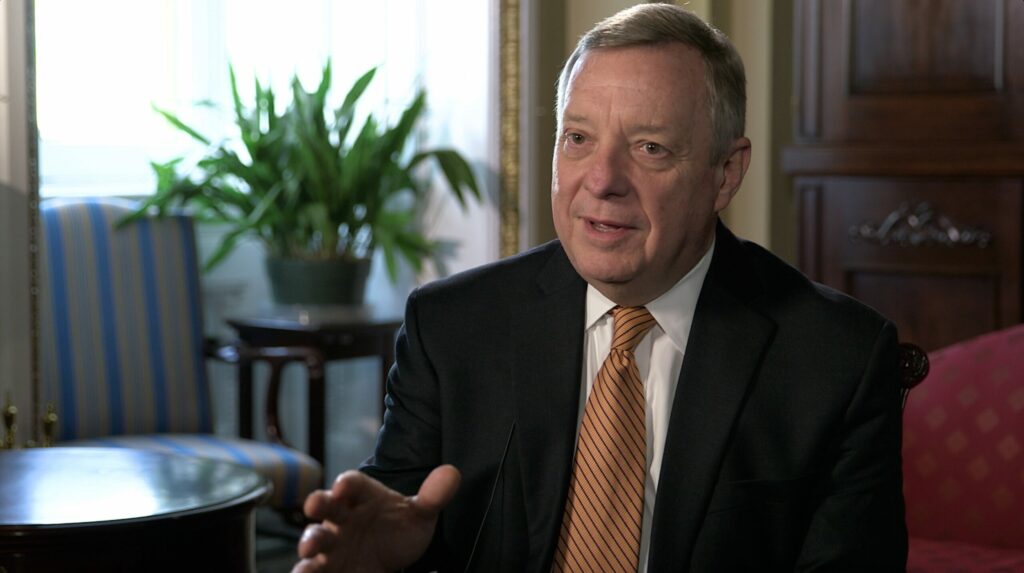
When the U.S. Food and Drug Administration authorized the marketing of four Njoy brand menthol e-cigarette products, Senator Dick Durbin was disappointed. He said the agency should have done better. The move marks the first nontobacco-flavored e-cigarette products to be authorized by the FDA.
“Flavors like menthol are used by Big Tobacco companies to mask the harsh taste of their dangerous products. FDA knows this from its own experience seeking to ban the production of menthol cigarettes to protect the public health,” Durbin stated. “We’ve seen that children begin nicotine use with menthol. Today’s authorization of menthol-flavored vapes will create an opening for more children to become addicted to harmful products.”
Earlier this month, Durbin, chair of the Senate Judiciary Committee, held a committee hearing titled “Combatting the Youth Vaping Epidemic by Enhancing Enforcement Against Illegal E-Cigarettes.” The hearing underscored the alarming level of youth e-cigarette use and the role that flavors—such as menthol—play in youth use of tobacco products and examined how federal agencies have failed to enforce laws designed to protect children from a lifetime of nicotine addiction.
Tony Abboud, executive director of the Vapor Technology Association, who also spoke at Durbin’s hearing, said he applauds the FDA’s decision to “finally follow the massive body of science” that shows flavored e-cigarettes help people quit smoking. However, Abboud said the move does little to address the massive problems surrounding the regulatory agency’s authorization process.
“The reality is that this news, while a tiny step in the right direction, again reveals a more troubling pattern—the FDA acting only in self-interest to quell political pressure rather than acting in the interest of the American people,” said Abboud. “The only vapes authorized today are all owned by the biggest cigarette companies.
“Today’s authorizations once again demonstrate Brian King and the FDA’s hypocritical allegiance to those cigarette companies whose deadly cigarettes and other combustible products that the FDA continues to flood the market with at a record pace.”

